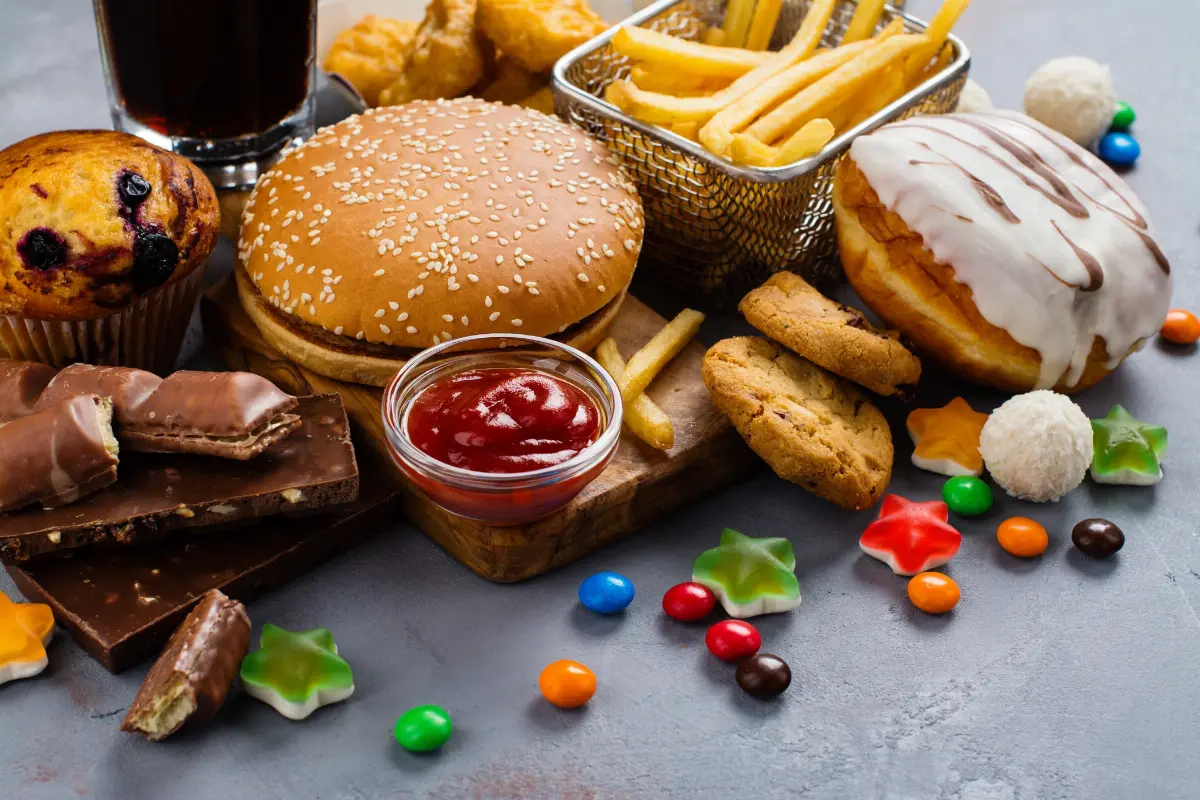
Do you want to access to this and other private contents?
Log in if you are a subscriber or click here to request service
Germany censors junk food ads
Towards a stop to commercials for chips, chocolate and hyper-sugar, fatty or salty snacks? /Video

Is a new prohibitionist wind blowing in Europe? It seems so. In fact, after the wave of controversy over anti-alcohol labels, the initiative of Federal Agriculture Minister Cem Özdemir (Greens) now comes from Germany who announced on Monday a bill that would largely limit the advertising of unhealthy foods .On the one hand, the draft stipulates that advertising of food with an excessive content of...
lml - 29677
EFA News - European Food Agency
◄ Previous page
EFA News - European Food Agency